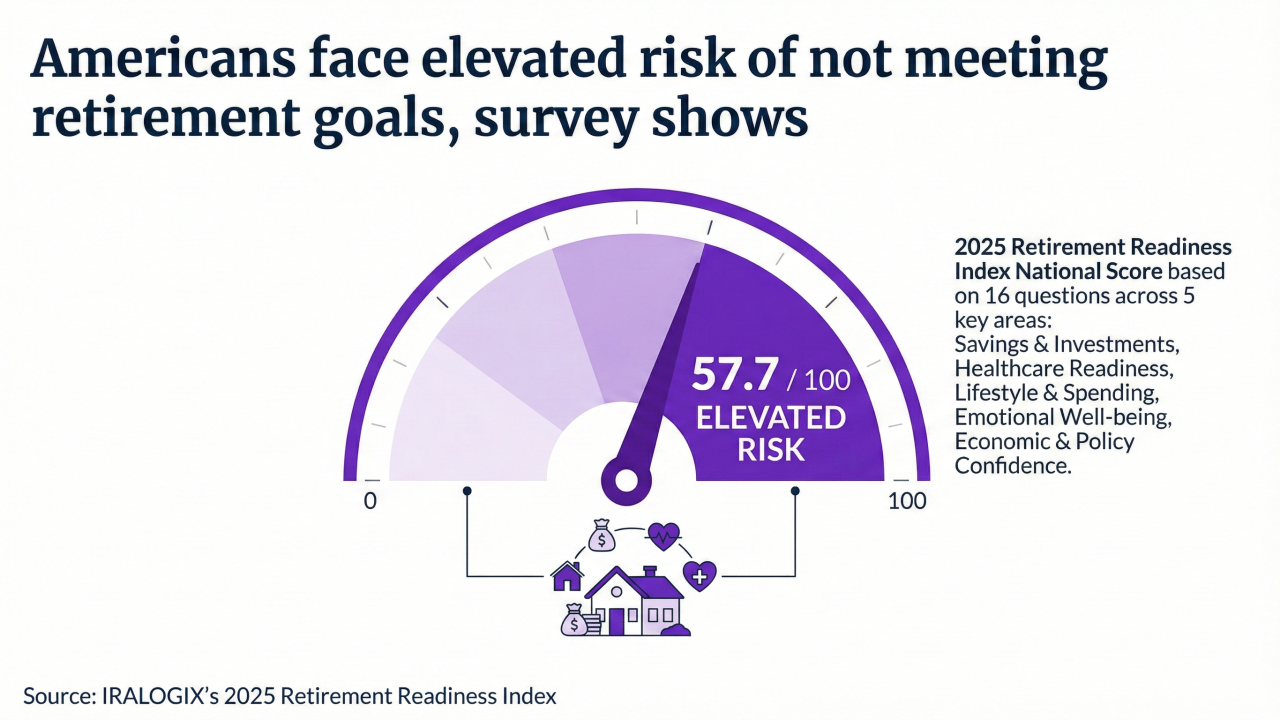Volatility in the market and a dwindling economy are just two of the reasons the COVID-19 pandemic has thrown life in flux for innumerable groups of people. As a result, Americans are seeking financial help and advice earlier than typical, and it appears that trend will continue to grow.
Northwestern Mutual’s 2021 Planning & Progress Study found that Americans ages 18 and up trust financial advisers as their go-to source for financial advice, even more so than their spouse or partner.
Read More:
According to the study, which was conducted by The Harris Poll and surveyed more than 2,000 Americans, 38% of adults in the U.S. are currently working with a financial adviser — a significant spike from pre-pandemic levels of just 23%. Respondents named bills, retirement savings, debt, investing and family care as top financial concerns.
Tim Gerend, executive vice president and chief distribution officer at Northwestern Mutual, told Employee Benefit News that more people are aiming to reach a positive trajectory in their finances due to the pandemic.
Read More:
“Demand for financial advice has increased notably as people are less confident in their ability to do it themselves,” Gerend says. “More and more Americans are finding security in working with a professional who can help set them on track to meet their goals.”
The study also showed a growing enthusiasm among Millennials and Gen Z employees: 23% of respondents in each respective generation report that they have worked or will work with a financial adviser.
Read More:
“It is encouraging to see that so many people are making their financial security a priority,” Gerend says. “It is especially exciting to see younger people take this important step. The earlier that people begin building good habits, the better off their financial trajectory and future outcomes.”
Read More:
And while these numbers may be increasing as a result of the pandemic, Gerend anticipates that the trend will be a lasting one.
“Young people have a lot on their plates financially, including high debt loads, a very complicated retirement system and questions about how much they can or should rely on social safety nets,” he says. “When you put all of these factors together, it’s no surprise that younger people feel a sense of urgency.”






